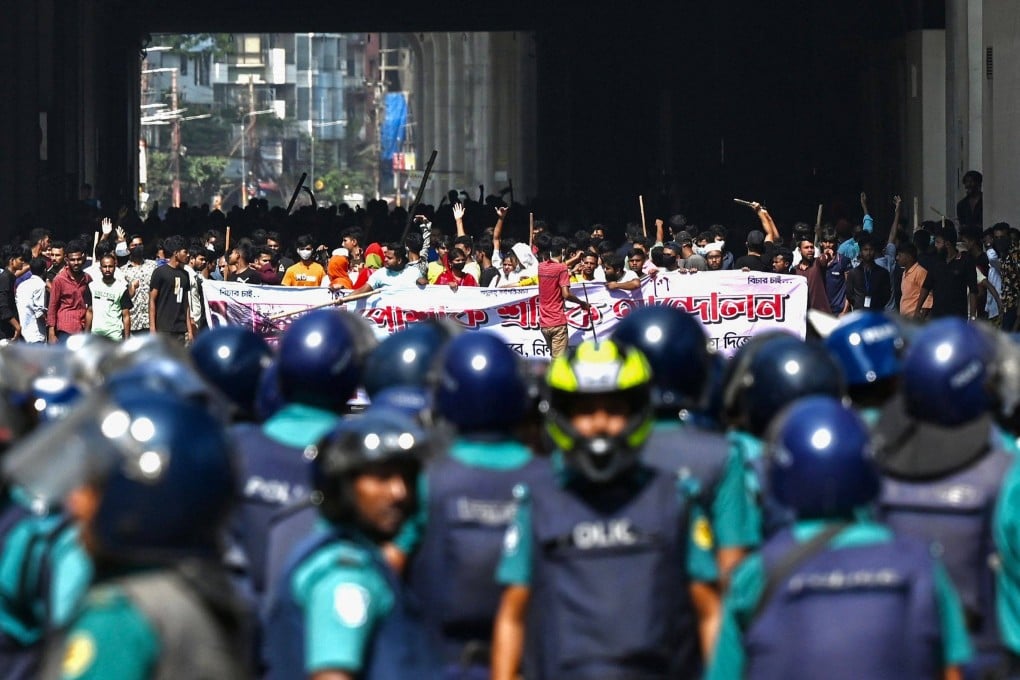Opinion | Bangladesh garment worker protests for living wage make clear price of fast fashion
- Demonstrations against the industry’s crushingly low pay are escalating, despite a harsh crackdown, and threaten to derail elections
- It’s time for introspection and change, from the global conglomerates, rich countries that are the consumer havens for fast fashion, and customers alike

Politics around the world has long been tied to the health of the labour market. Compared to the West, activists and trade unions across Asia have been fragmented, lacking the ability to lobby and make major changes to workers’ rights or lifestyles. But this is changing.
Since the last week of October, Bangladeshi authorities have been engaged in a battle of wills against one of the country’s largest labour forces – 4.4 million workers in the ready-made garment sector. These workers are critical to the success of Bangladesh’s sunrise industry: fast fashion.
In recent years, fast fashion – cheap, trendy high-street clothing that mimics catwalk designs for a fraction of the price – has seen great global demand. In catering to this, Bangladesh is second only to China.
Fast fashion garments accounted for 85 per cent of Bangladesh’s US$55 billion export revenue last year. The country’s 3,500 textile and clothing factories supply global brands such as Levi’s, Zara, Walmart and H&M.
